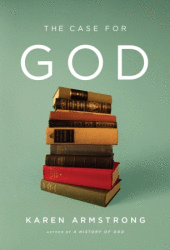Michael Roth is the president of Wesleyan–a college that values teaching first. In the Wall Street Journal he writes about his experience teaching a massive online course on a subtle, sophisticated topic. His verdict?

When I mention online learning to my colleagues at Wesleyan University, most respond initially with skepticism. But based on my experience, I know that real learning can take place on the Web.
I am currently teaching a massive online open course, or MOOC, on Coursera. Most MOOCs have great attrition, and mine is no exception: There were almost 30,000 students registered at the start, yet 4,000 remain active as we near the end of the semester. Unlike most MOOCs, which focus on science, technology, engineering and mathematics, mine is a classic humanities course. “The Modern and the Postmodern” starts off in the 18th century with Jean-Jacques Rousseau and Immanuel Kant, and we work our way toward the present.
